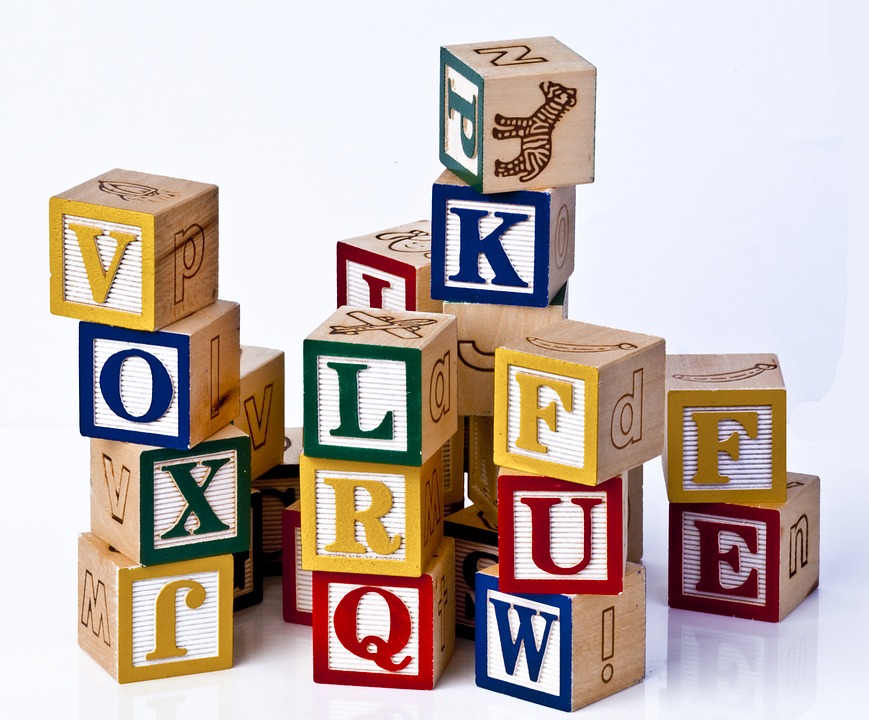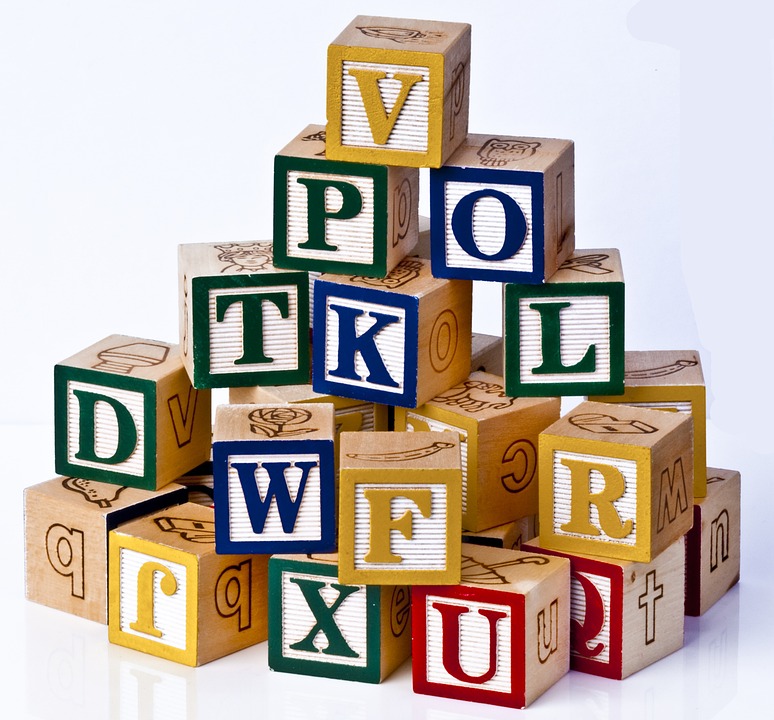Challenges and Solutions in the Indonesian Education System
Indonesia, as a developing country, faces numerous challenges in its education system. From inadequate infrastructure to outdated curriculum, there are several obstacles that hinder the progress of the education sector in the country. However, with strategic planning and effective policies, these challenges can be overcome to ensure a better quality of education for all Indonesian students.
One of the major challenges in the Indonesian education system is the lack of access to quality education, especially in rural areas. Many schools in remote areas lack basic facilities such as classrooms, libraries, and laboratories, making it difficult for students to receive a proper education. This disparity in access to education leads to a significant gap in academic performance between urban and rural students.
Another challenge is the outdated curriculum that fails to prepare students for the demands of the modern workforce. The current curriculum focuses heavily on memorization and rote learning, rather than critical thinking and problem-solving skills. This approach hinders students’ ability to think creatively and adapt to the rapidly changing job market.
Furthermore, the quality of teachers in Indonesia is also a concern. Many teachers lack proper training and qualifications, leading to a lack of motivation and engagement in the classroom. This not only affects students’ learning outcomes but also perpetuates a cycle of poor education quality.
To address these challenges, the Indonesian government has introduced several reforms in recent years. One of the key initiatives is the implementation of the 2013 Curriculum, which aims to promote a more student-centered approach to learning. This curriculum emphasizes critical thinking, creativity, and collaboration, rather than memorization.
Additionally, the government has also introduced programs to improve teacher quality, such as the National Teacher Certification program. This program provides training and professional development opportunities for teachers to enhance their skills and knowledge.
Furthermore, the government is investing in infrastructure development to improve access to education in remote areas. By building more schools and providing better facilities, the government aims to ensure that all students have equal opportunities to receive a quality education.
In conclusion, while the Indonesian education system faces numerous challenges, there are also promising solutions in place to address these issues. By implementing strategic reforms and investing in infrastructure and teacher quality, Indonesia can overcome these challenges and provide a better quality of education for all its students.
References:
1. World Bank. (2018). Indonesia: Education Sector Assessment.
2. Ministry of Education and Culture of Indonesia. (2020). National Education Statistics.
3. The Jakarta Post. (2021). Government to Revise National Education Curriculum to Address Challenges.










